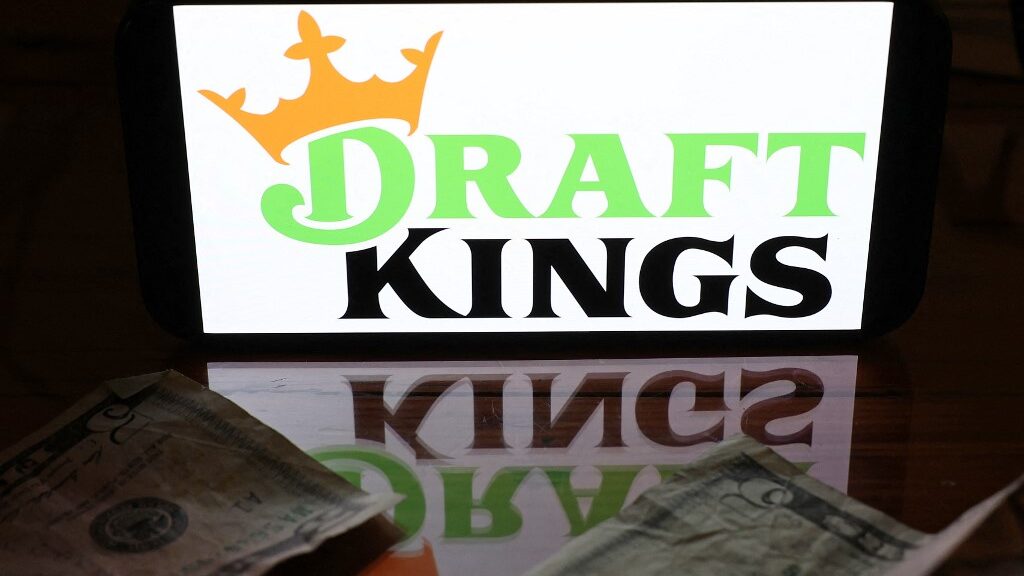
An ill-advised social media post in July from DraftKings CEO Jason Robins has recently manifested in a $200,000 fine by the Securities and Exchange Commission.
“Really Strong Growth”
It is no secret that the SEC gets very touchy about C-suite executives sharing even the smallest details concerning their company’s financial outlook without its investors being notified beforehand. And if DraftKings CEO Jason Robins wasn’t aware of this nuanced transgression, it is safe to say he is very much aware now.
Ahead of a second-quarter earnings call, the company’s public relations firm took a quote from Robins and posted it to social media platforms X and LinkedIn, in which he said the company had sustained “really strong growth” in all its markets. That’s all it took to get the SEC’s attention, resulting in the $200,000 civil penalty.
Robins’ quote was a violation of Section 13(a) of the Exchange Act and Regulation FD. Upon learning of the subsequent fine, DraftKings, one of the top sportsbooks, “agreed to cease and desist from future violations of the charged provisions, pay the civil penalty…and comply with certain undertakings.”
According to the SEC, investors “must be alerted about which social media will be used to disseminate information,” which DraftKings failed to do.
John Dugan, Associate Director for Enforcement in the SEC’s Boston Regional Office, stated, “Information about growth in sales as a public company can be extremely important to investors. It is essential that, when companies disseminate material, nonpublic information, they do so fairly to all investors.”
Corporate Stumbles
The SEC violation we are just learning about in July was followed by another corporate blunder only weeks later when DraftKings announced it would be imposing a surcharge on winning bets in high-tax states beginning in January 2025. The extra revenue was intended to mitigate the onerous tax rates in states like New York, where a 51% tax rake is taken out of sportsbooks’ adjusted gross revenues.
But it was also a tacit shot across the bow at states that have high tax rates and those contemplating increasing theirs. The ideal endgame would have been to scare legislators in high-tax states like New York and Pennsylvania into lowering them so DraftKings could then eliminate their surcharge. The public would owe a debt of gratitude to their lawmakers who fought for them by lowering the taxes on sportsbooks, resulting in the elimination of the surcharge, and the legislators could all take a bow with their reelection campaigns bolstered by the good deed. It would have been a win-win for everyone.
However, the plan began to unravel when DraftKings’ chief rival, FanDuel, announced they would not be implementing following DK’s lead. That spelled the beginning of the end, and only a day after that announcement was made by FanDuel’s parent company, Flutter Entertainment, DraftKings announced it had decided to rescind the proposed surcharge, much to the delight of their disgruntled customers.
DraftKings CEO Defends Bold Tax Gambit
At a gaming conference earlier this month, Robins was asked about the bold gambit that never manifested.
“We decided to throw it out there, see what the reaction from customers was, see what the reaction from state governments was, and after analyzing that, determined it wasn’t the right thing at this time. But I do think that the way we went about it, I’m very proud of, because I think it was disciplined, well thought through. And in the end, we were able to get the information and feedback from the market we needed without actually costing ourselves anything.”
Nevertheless, Robins believes mobile sportsbooks will have to do something to counter the aggressive tax rates and stated, “I don’t think that, in perpetuity, it will make sense for anybody to completely just eat any tax increase that happens anywhere.”















